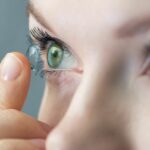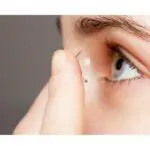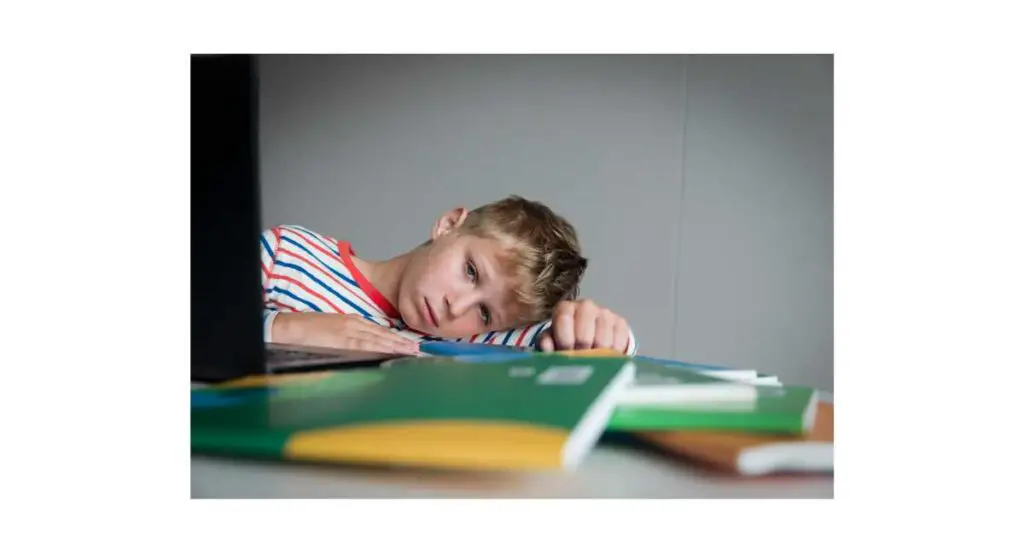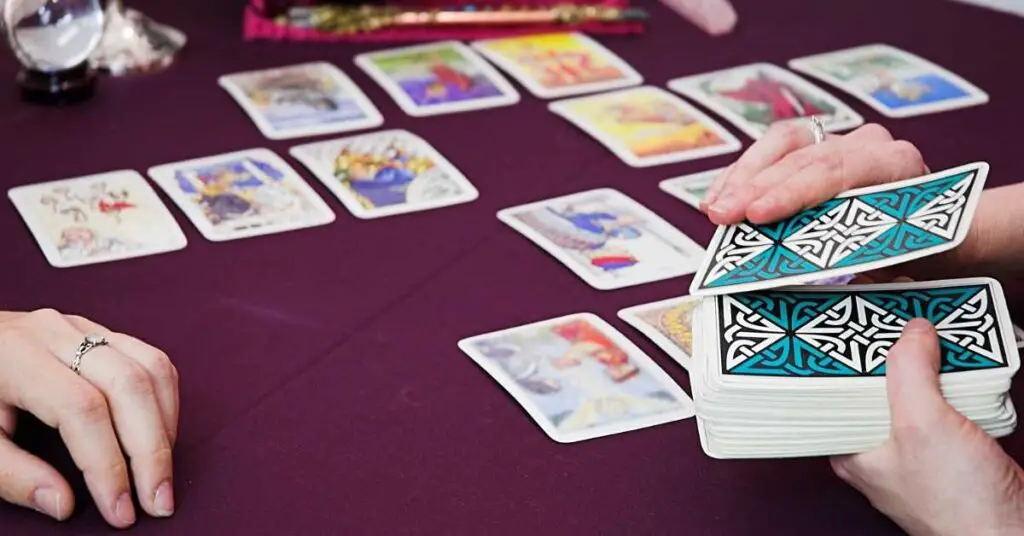Blue-light glasses have become increasingly popular in recent years, as they’re designed to block out the blue light emitted by screens and devices. While many people use them to protect their eyes from digital strain, can these special glasses also be used for reading?
Yes! Blue-light blocking lenses can help reduce eyestrain when you’re reading books, newspapers or magazines. In addition to protecting your eyes from blue light exposure, they can also enhance contrast and clarity while reducing glare.
Blue-light glasses not only protect your eyes from harmful blue light emitted by digital devices, but they also help you read more comfortably and effectively. In this article, we’ll explore how blue-light glasses can benefit readers.
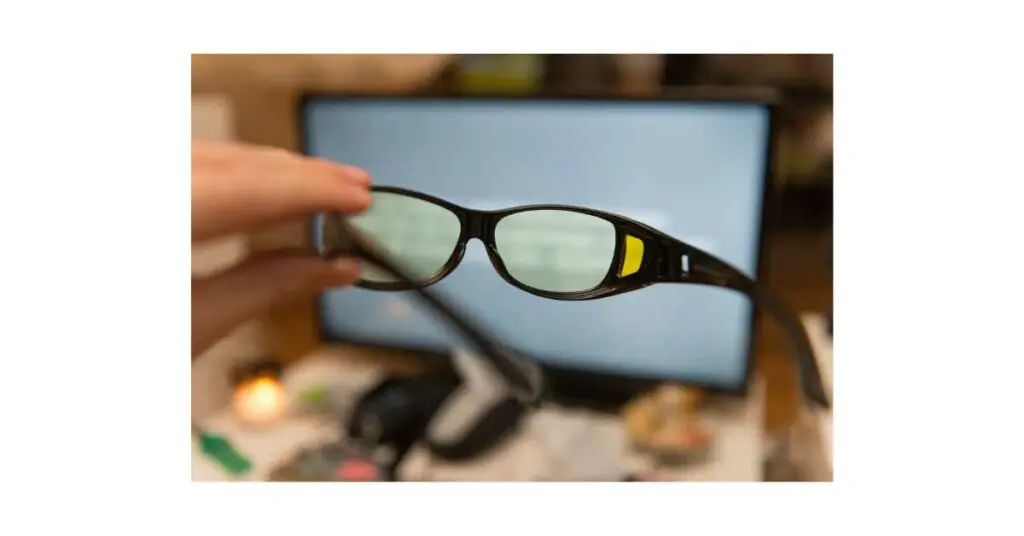
What are blue-light glasses and how do they work
Blue-light glasses are specially designed glasses that filter out potentially dangerous blue-light emitted from digital screens. Blue light, which is emitted from computers, tablets, smartphones and other electronic devices, can negatively affect the circadian rhythm and can lead to physical fatigue in the eyes caused by prolonged exposure. The filter lenses used in these glasses block or absorb blue light, allowing only beneficial natural light to reach your eyes. This helps relieve the strain on your eyes and reduces the amount of time it takes for you to fall asleep after gazing at a screen for an extended period of time.
With their dual purpose of protecting your eyes whilst making it easier for you to switch off when needed, blue-light glasses are becoming increasingly popular amongst tech enthusiasts and well as those with long work hours behind a computer screen.
How does the impact of blue light on our eyes?
Blue light from screens can cause digital eye strain, which is a condition that can lead to fatigue, headaches, blurred vision and more. Wearing blue-light glasses can help reduce these symptoms by blocking the harmful blue light while still allowing beneficial light to enter your eyes.

How do blue-light glasses help with reading?
1. Increased Contrast and Clarity: Blue-light glasses can enhance contrast and clarity when you’re reading, making it easier to view the text on the page.
2. Reduced Glare: Glare from sunlight or indoor lights can cause eye strain when you’re trying to read for long periods of time. Blue-light glasses have anti-glare features that help reduce glare, so you can read comfortably without straining your eyes.
3. Improved Focus: Wearing blue-light blocking lenses can help improve focus while you’re reading, as they block out distractions caused by digital devices like smartphones or tablets.
4. Prevention of Digital Eye Strain: By blocking out blue light, blue-light glasses can help prevent digital eye strain caused by using electronic devices for long periods of time.
5. Reduced Eyestrain: Reading books, newspapers or magazines for extended periods can cause eyestrain, resulting in headaches and fatigue. Blue-light glasses can reduce eyestrain associated with reading, so you can enjoy your book without feeling strained.
Overall, blue-light glasses are an effective way to protect your eyes while reading and help you focus more easily on the task at hand. If you spend a lot of time reading in front of digital screens or in bright rooms, then investing in a pair of blue-light glasses could be beneficial for your eyesight.
What kind of reading is most suited for blue-light glasses?
Blue-light glasses are mainly designed to reduce eyestrain associated with digital screens, so they’re most beneficial when you’re reading electronic books on devices like tablets and smartphones. However, if you spend a lot of time reading in bright or outdoor conditions then these glasses can also be helpful for reducing glare from the sun or other light sources.
The benefits of blue-light glasses are most noticeable when reading for extended periods. If you’re a student or professional who spends long hours studying, researching, or writing, then these types of glasses can be very helpful in reducing digital eye strain and improving your focus.
What is the difference between reading glasses and blue-light glasses?
Reading glasses are designed to magnify text while blue-light glasses are designed to block out the blue light spectrum and reduce eye strain. Reading glasses can be helpful for people who have difficulty reading small print, but they don’t provide any protection from digital eye strain or glare.
Blue-light glasses, on the other hand, are designed specifically to protect your eyes from digital device screens and bright lights.
Can blue-light glasses be used for printed-form reading?
Yes, blue-light glasses can be used for printed-form reading as well. They can help reduce eyestrain and glare from sunlight or other lights while you’re reading books or newspapers. The lenses also enhance contrast and clarity, so the words on the page are easier to read.
Blue-light glasses can be very beneficial for those who need to do extensive reading from printed formats such as books, magazines, and newspapers. The lenses of these glasses have been designed to filter out the harmful blue light that is emitted from screens, but they are also able to reduce the glare from paper-printed forms of media.
The glasses protect readers’ eyes from dryness, eye strain and headaches which tend to accompany long periods of reading.
As well, they allow readers to focus more easily on what they are reading while still being able to enjoy the experience in a relaxed comfort level.
Ultimately blue-light glasses can be a great asset for anyone needing to utilize printed forms of media for reading purposes..
Do blue-light glasses work for everyone?
Blue-light glasses can be an effective tool to reduce eyestrain while reading or studying, but they may not work for everyone. Some people find that their eyes become more strained when wearing blue-light glasses, so it’s important to experiment with different lens options to find what works best for you.
Are blue-light spectacles harmful to the eyes?
No, blue-light spectacles are not harmful to the eyes. In fact, they can help reduce digital eye strain and improve focus while reading or studying. However, it’s important to make sure you’re wearing lenses that are designed specifically for blue-light protection as generic sunglasses will not provide the same level of protection.
Can children wear blue-light glasses when reading?
Yes, blue-light glasses can be worn by children when reading. The lenses help reduce eye strain and glare caused by overhead lights or digital devices that they may be using.
It’s important to note, however, that blue-light glasses are not a substitute for proper lighting and should only be used in Blue-light blocking lenses can help prevent digital eye strain in children and improve their focus while learning or playing video games.
It’s important to choose glasses with lenses that have been tested and certified to block out blue light, so be sure to check the product label before buying.
Alternatives to wearing blue light glasses when you read.
If you don’t want to wear blue-light glasses, there are other ways to protect your eyes while you read. You can limit the amount of time you spend in front of digital screens and adjust the brightness settings on your device.
Additionally, using a glare filter or screen protector can help reduce eyestrain from bright lights or reflective surfaces.
Finally, adjusting the font size and line spacing on your device can make text easier to read and less tiring for your eyes.
Conclusion
Blue-light glasses can be a great tool for reducing eyestrain and glare when reading or studying from both printed and digital formats. They can help protect your eyes and improve the clarity of what you’re reading. However, blue-light glasses may not work for everyone, so it’s important to experiment with different lenses to find what works best for you. Additionally, there are other measures that can be taken in order to reduce eye strain such as limiting screen time or adjusting font size and brightness settings on digital devices. Regardless of whether you choose to wear blue light glasses or opt for an alternative solution, taking care of your eyes is essential!

